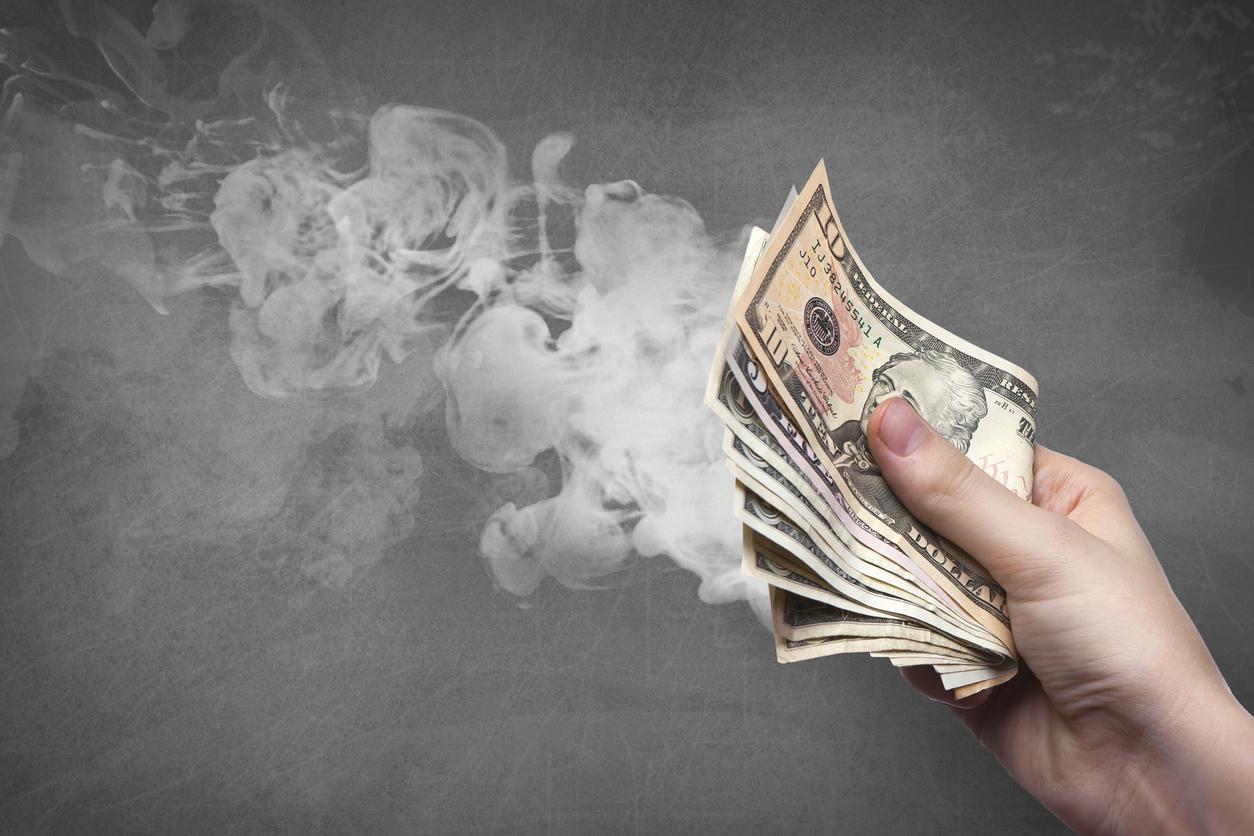
Share buybacks are wrongfully under attack. They have long been a punching bag for American politicians, especially left-leaning ones, such as Senators Bernie Sanders and Elizabeth Warren. Critics of share buybacks claim these transactions – which involve a company purchasing its own stock from shareholders – divert resources away from employees, investments as well as R&D. They point to moves like the one recently made by Starbucks’ Howard Schultz, who suspended buybacks on his first day back as CEO, to invest in employees and stores.
The most recent strike against buybacks was made by President Joe Biden in his 2023 budget plan. It comes in two forms: a 1-percent stock buyback tax proposed by Democrats, and a ban on corporate executives selling company shares in the first three years after a buyback.
The commendable intent behind the proposed legislation is to align the incentives of executives with those of long-run shareholders, and to encourage companies to invest in long-term growth and innovation. But the problem the legislation is meant to fix – companies manipulating stock prices to enable executives to dump stock – may not exist.
Of even greater concern, if passed, this legislation is unlikely to align the incentives of managers and shareholders. Instead, it may accomplish precisely the opposite. It would create incentives for companies to hoard cash or spend it wastefully, rather than paying it to shareholders. Even worse, it may lead companies to delink executive pay and stock price, disrupting the alignment of interests between executives and long-term investors this legislation aims to establish.
The myth of price manipulation
Politicians claim that companies use share buybacks to manipulate stock prices, permitting executives to unload shares at inflated prices. This claim is based on two assumptions. First, that buybacks are an effective tool to manipulate stock price. Second, that executives purposefully take advantage of these inflated prices to unload stockholdings.
Can companies actually manipulate prices with share buybacks? A common misperception is that buybacks mechanically cause stock prices to increase by decreasing the number of shares outstanding. In truth, a share buyback also decreases the value of the company’s equity by a proportional amount. Thus, while shareholders own a larger piece of the pie, the pie itself is smaller, meaning prices should not change.
Moreover, although earnings per share may increase if the return on assets is higher than the return on cash used to buy back stock, the earnings are now riskier and should therefore be discounted at a higher rate. So, the present value of earnings per share does not increase. Again, there is no mechanical reason why a stock buyback should increase share prices.
The case of Apple
Another argument is that companies’ buying pressure pushes prices upward. Yet, the latest research shows that buybacks’ price impact is minimal: They inflate prices by only 0.4 to 0.7 percent for about a month. It is hard to believe such small increases would motivate managers, especially after accounting for transaction costs and capital gains taxes.
Finally, if companies are manipulating stock prices through buybacks, then prices should revert in the long run. But research shows that, following buybacks, prices continue to climb, outperforming expectations. In fact, one obvious reason for buying back stock is market timing: Companies repurchase shares when they believe the shares are undervalued.
These findings certainly hold true for Apple, one of the largest repurchasers in recent years. Over the prior three fiscal years, Apple bought back US$225 billion of its own stock. Its stock price rose 167 percent over the same period. Managers selling into these repurchase programmes would have missed out on these long-term gains.
Trading restrictions and dilution
If not to take advantage of artificially inflated stock prices, why do insiders often sell when companies buy back their stock? There are two simple explanations: corporate blackout windows and dilution.
Blackout windows prevent both companies and insiders from selling before the public release of material events, like earnings announcements. Research shows that, when blackout windows are over, both companies and insiders resume trading.
Buybacks and insider selling also coincide because performance-based compensation like restricted stock and stock options result in companies issuing new shares of stock, diluting the positions of existing owners. Companies counteract this dilution by buying back stock. In other words, while insiders may sell around buybacks, this does not constitute proof that companies buy back stock to enable selling at high prices. Trading restrictions and dilution are more likely explanations.
The real reason behind Starbucks’ move
But the bigger concern behind the proposed legislation is the adverse consequences that would follow. Taxing buybacks would discourage companies from using them. Deterring buybacks is obviously the intent of the legislation and, on the surface, may seem honorable. After all, Starbucks cut buybacks to invest in employees and long-term projects. And it would be easy to assume that inhibiting other companies from buying back shares would lead them too to treat employees better.
Starbucks’ investment in employees was, first and foremost, a shrewd business decision. The world’s largest coffeehouse chain is facing a tight labour market and increasing pressure from unions, making investments in its workforce not only beneficial for employees but also necessary to maintain shareholder value. Schultz himself said as much, announcing his move as “the only way to create long-term value for all stakeholders”.
In other words, Starbucks did not invest more in employees because it cut buybacks. Rather, the coffee company reduced buybacks because of the necessity to invest in employees.
Misalignment of interests
Deterring buybacks on a wide scale is therefore unlikely to lead to more investments or better outcomes for workers. Instead it may entice companies to increase dividends, stockpile cash and invest in pet projects or “empire building” acquisitions. It may even lead them to pay executives more.
Why? This is because buybacks are paid from corporate profits, which represent the money left over after all projects and investments deemed worthy are undertaken. So, if the company needed to hire new workers or pay workers more, or had a promising project in which to invest, it would have already done so before determining buyback amounts.
But the most destructive piece of the legislation by far is the proposal to prohibit executives from selling stock up to three years after buybacks.
If companies decide to maintain buyback programmes, they are likely to shift managers’ compensation away from stock-based pay since managers would not be able to cash out in a reasonable timeframe. This shift away from performance-based pay would align managers’ interests even less with those of long-term shareholders, running completely contrary to the stated goals of the legislation.
To accomplish the objective of the legislation, policymakers would be better served by tweaking the tax code to further encourage long-term investment horizons. Vilifying buybacks is not the answer.
Edited by:
Isabelle Laporte-
View Comments
(1)
-
Leave a Comment





David Abashidze
13/05/2022, 12.53 am
In a world with quite significant agency problems, the issue is not that managers give up good projects to return money to shareholders. The issue is exactly the opposite: The problem with today's corporate governance is that managers do not return enough money to shareholders and spend it on value-destroying projects just to keep their company bigger and justify bigger paycheck.
So the argument that buyback restriction will increase company's long term success and employee well being is not valid for me.
The questions to the authors would be: How do you think buyback restriction will affect special dividends? Do you think if buybacks are restricted companies will just give significantly more special dividends? Thus we exchange a more tax-effective way of returning money to shareholders (buybacks) for an outright taxable way (special dividend) and thus the tax revenues will increase for the government?